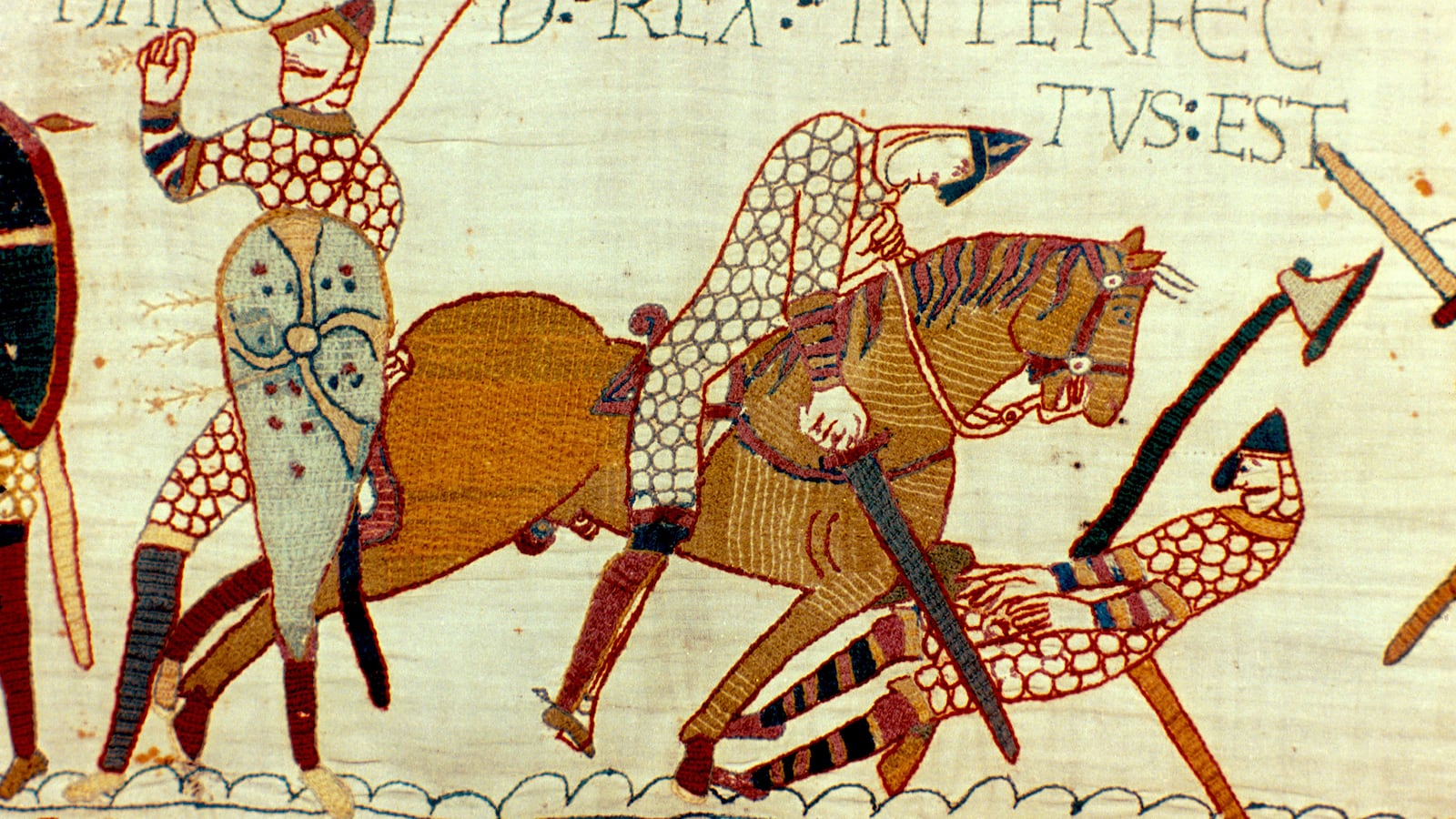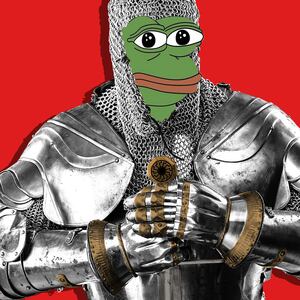At the RaceB4Race symposium held in Washington D.C. in September 2019, medievalist Mary Rambaran-Olm took to the podium and called out the inherent racism of the term “Anglo-Saxon.” She asked the prestigious professional organization called the International Society for Anglo Saxonists, or ISAS, to change its name, and then declared her immediate resignation from that organization.
Rambaran-Olm’s speech sent shock waves through the world of experts on Anglo-Saxon England—and in the months that have passed since then, colleagues have turned on each other in a heated debated over the use of the term “Anglo-Saxon” and whether it constitutes white supremacy.
This debate might seem like an example of typical academic hair splitting with little to no relevance to the general public. But in the case of “Anglo-Saxon,” what might look like academic inside baseball has, in fact, major implications for wider society. This debate cuts to the root of the polarization that we are currently experiencing in the United States and the United Kingdom.
The term “Anglo-Saxon” is the catch-all phrase for the groups of people who, starting in the 5th century CE, migrated from the European continent to what is today England, namely the Angles, the Saxons, and the Jutes. The term “Anglo-Saxon” can be traced to the Middle Ages, but as medievalist Erik Wade has pointed out, the term was never in widespread use and exists mostly in a few Latin texts. The people who lived during what is known as the Anglo-Saxon Period (410–1066 CE) referred to themselves as either “Englisc” or “Anglecynn.”
According to historian Reginald Horsman, the idea of the Anglo-Saxons as the origin of all things English can be traced to the English Reformation in the 16th century. Following the break from Rome and the Catholic Church, the hunt was on for a historical origin for what was to become the Church of England. This origin was found in the church that existed in England before the Norman Conquest in 1066, and which was perceived to be an older and more pure institution.
When the term “Anglo-Saxon” came into use in the 16th century, there were no racial overtones to the term; instead focus lay on the institutional lineage of church and a state free from papal influence. But as time went on, the use and meaning of the term changed. Associate Professor of English Francesca Royster points out that during the course of the 16th and 17th centuries, the English language became increasingly racialized as England searched to create a national self-image. Horsman dates the complete transformation of the term “Anglo-Saxon” into a racist term to the 1840s.
By that decade, the term “Anglo-Saxon” had become the foundation for British imperialism and the American manifest destiny. Building on one another’s work, scholars and scientists had appointed the white race the most prominent of all human races. Among the whites, Caucasians were considered above all other groups, and among the Caucasians, according to these scholars, the Anglo-Saxons reigned supreme. Authors of the Romantic era, such as Sir Walter Scott, served as the bridge between academics and a general population of English-speaking whites susceptible to ideas about their inherent superiority.
The term has stayed in the mainstream ever since, fueled by the popularization of the WASP acronym in the writings of sociologist E. Digby Baltzell, and further fictionalized and turned into canon by authors such as the world’s most famous Anglo-Saxonist, J.R.R. Tolkien.
The debate over the problems with the term “Anglo-Saxon” is not new. Already in 1976 and again in 1981, Horsman published books and articles on the connection between racism and Anglo-Saxonism. In 2017, medievalist Adam Miyashiro made complaints similar to Rambaran-Olm’s in connection to ISAS’s 18th biennial meeting in Honolulu.
The reason why the debate about the term “Anglo-Saxon” has gained so much attention this time around is partly because of the amplification provided by social media; several of the clashes between Anglo-Saxonists have played out in public on Twitter and blogs. But also because Medieval Studies, of which Anglo-Saxon studies is a sub-discipline, are in the throes of a paradigm shift, going from having been mainly white, male, Christian, and Eurocentric to becoming increasingly inclusive and global. In the ongoing debate among Anglo-Saxonists, the old guard and the new, with their respective followers, are duking it out over whether or not we should continue to use problematic words just because we have always used them.
By necessity, all historical time periods are creations after the fact. They are defined by historians who identify events in the past that in hindsight have proven to be more significant than others. The years when these events took place become the beginning and the end of an era. The time periods get their names from themes considered to have dominated the arbitrary interval. In the case of the Anglo-Saxon Period, the starting year of A.D. 410 is the year when the Roman Empire pulled out of Britain. The end year of 1066 marks the Battle of Hastings. The time period has gotten its name from the arrival of the Angles, the Saxons, and the Jutes.
And here lies the crux. Because we keep learning new things about the past, time periods and their names sometimes need to be adjusted. For example, the transition from Antiquity to the Middle Ages is becoming increasingly blurred as new research continues to reveal less of a definitive break following the dissolution of the western part of the Roman Empire. As Rambaran-Olm points out in a recent blog post, the Middle Ages themselves used to be known as the Dark Ages, a derogatory term that historians have relegated to the sidelines and as a result has fallen out of use in the mainstream.
As a group, a time period, and the pinnacle of white supremacy the Anglo-Saxons are the creation of scientists and scholars with a racist agenda. As the makers of the Anglo-Saxons, present-day scholars also have the power to unmake them. Small steps have already been taken in this direction. The Anglo-Saxon language is now also known as Early English. The Anglo-Saxon Period is referred to as Early Medieval. In the wake of Rambaran-Olm’s speech and resignation, ISAS has voted to change its name. In other words, the only reason why the Anglo-Saxons still exist is because we let them.
Editor's note: This article has been updated to reflect that Rambaran-Olm spoke at the RaceB4Race symposium, rather than the 19th biennial meeting of ISIS, when she declared her resignation from ISAS in Sept. 2019. The Daily Beast regrets this error.








